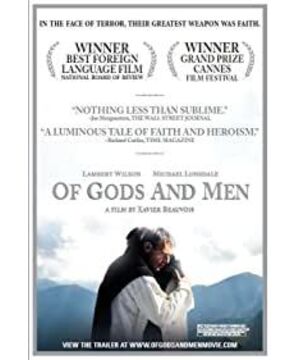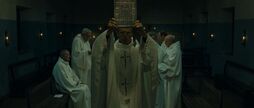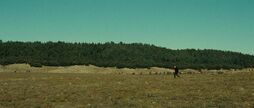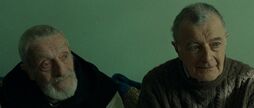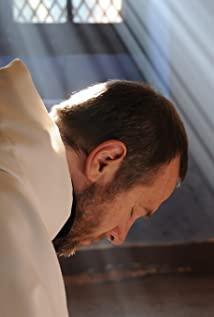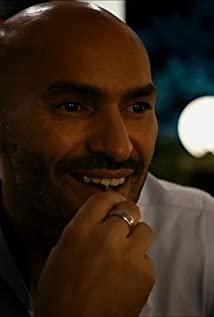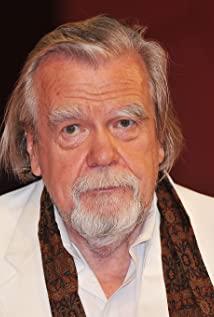Then, as if the director slapped his head to make a decision, in a clearing beside the market, a group of militants suddenly appeared in a jeep while several farmers were discussing ordinary affairs, killing and evacuating. The remaining dead civilians lying on the ground, blood still gushing from the wounds on their bodies. A close-up, stopped on a knife mark and bright red blood on a farmer's neck.
Next, almost like a waterfall, the scene of the whole story was opened. This is a chaotic country in North Africa, with an unstable FB ZF; these French priests come from France, each with their own rich life background (one of them also rescued the wounded in World War II); in this country, health care is As a result of weaknesses, both civilians and anti-ZF armed forces desperately need medical help; this village is naturally formed by relying on the health and medical functions provided by this monastery.
In fact, the theme of the whole film is very clear. A group of missionaries from developed France are doing what missionaries have done for hundreds of years in a backward and impoverished country. Then one day, the political and armed forces of that backward place reached out to the unarmed monastery, and both the military and illegal armed forces tried to use the monastery. These missionaries, who are always in danger of their lives, need to decide whether to stick to their original beliefs and continue to risk staying to help anyone in need, or to return to their homeland through the powerful force of their own country. Most of the film is about how every priest, every man of flesh and blood, struggles with his heart but finally chooses to stay where his original beliefs determine.
The soul of the priests, Christian, said this to the priest who was the least determined and struggling:
From the day we decided to come here , we've given our heart, our life and our love to the Father. There's no fear, no life, no country for us from that very moment.
Of course, maybe I did not quite correctly note The next sentence, but it's almost what it means. The priests prayed for the dead, whether they were "good people" or "bad people"; prayed, and prayed for God's forgiveness for the salvation of their souls.
The director did not intentionally render the atmosphere of "in the temple" and "outside the temple" into a sharp contrast: in the temple, there is a quiet and peaceful atmosphere, so quiet that you can hear the buzzing in your ears and the breathing of the characters The sound; outside the temple, there is a noisy, gloomy atmosphere, with tumultuous and murderous voices interlaced and grabbing the audience's perception. In the first half of the film's development stage, the two atmospheres alternated; and when the two atmospheres began to penetrate each other, the climax of the film came.
As army helicopters hovered over the monastery, priests sang hymns in the church. The noise of the wings seemed to be sawing with the singing, but in the end it was the singing that defeated the noise.
When the priests finally decided to stay and sit in a circle, for the first time while drinking red wine brought from France and listening to "Swan Lake" for a meal, the camera stayed on everyone's expression for a minute. Long. From laughter to crying to laughter. From joy, to sorrow, to firmness. The priests are drinking the blood of Christ, eating the flesh of Christ, and stepping out firmly may be the last step in life.
Then they were held hostage by the armed forces to make demands on the French government, and they all died tragically in the heavy winter snow. It turns out that the joyous dinner was the last dinner before the sacrifice of the disciples of Christ.
At the end of the film, type a few lines. This is a true story. The priests died in heavy snow in 1996.
Silent decisions, silent faith, silent tragic.
Life is like that. Fear and misfortune will suddenly invade a peaceful life, just like the director's setting for dramatic considerations. The beliefs and decisions that once believed to be unwavering will be tested by this drama, and the decision to make is all up to you. But in the end, the path of persistence, whether it is tragic or happy, is not so important-quiet and quiet are always only the surface; the magnificent, but deep in the heart.
View more about Of Gods and Men reviews


